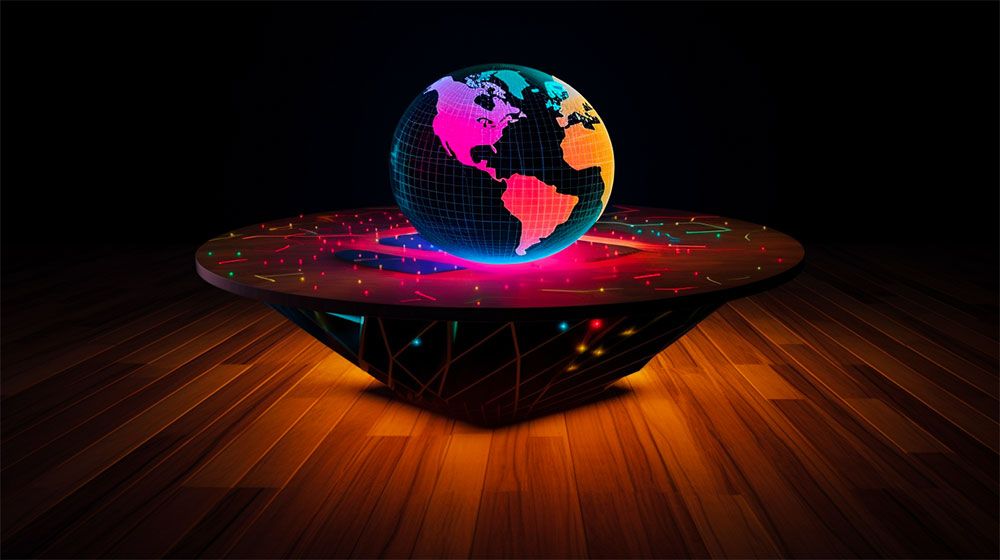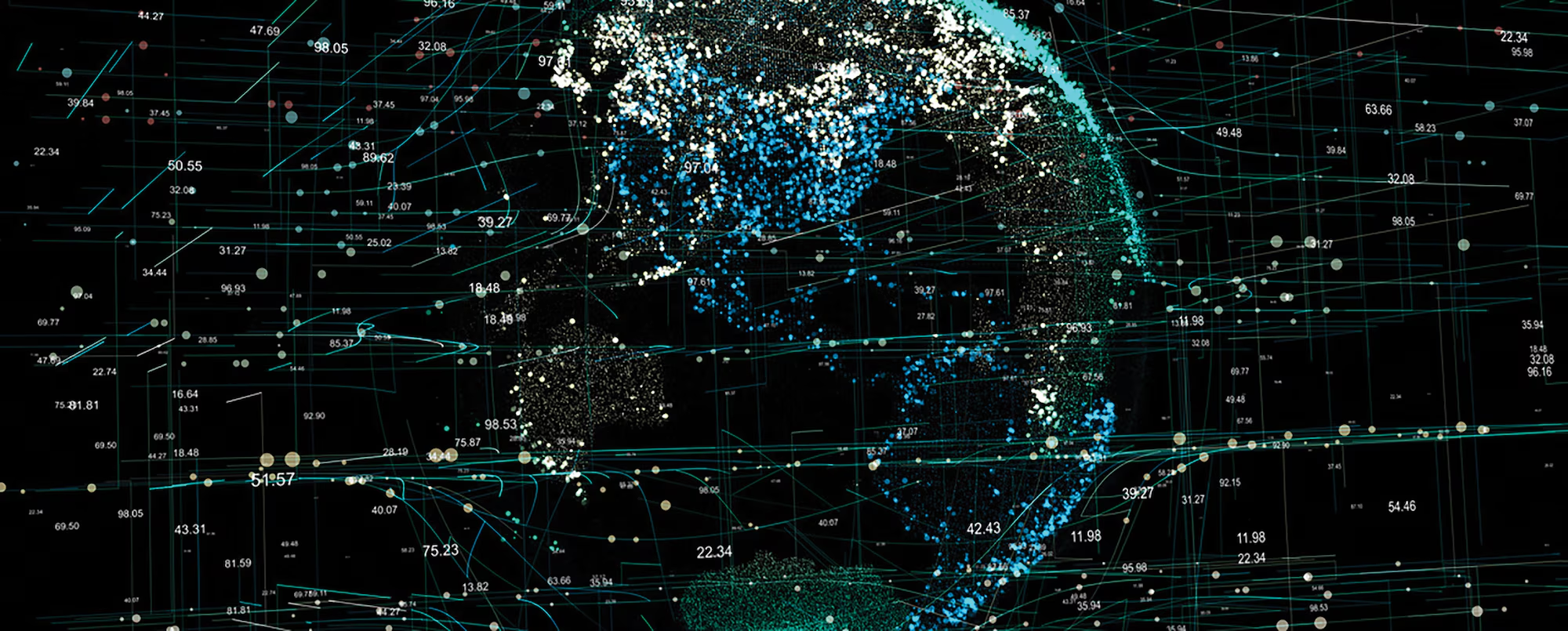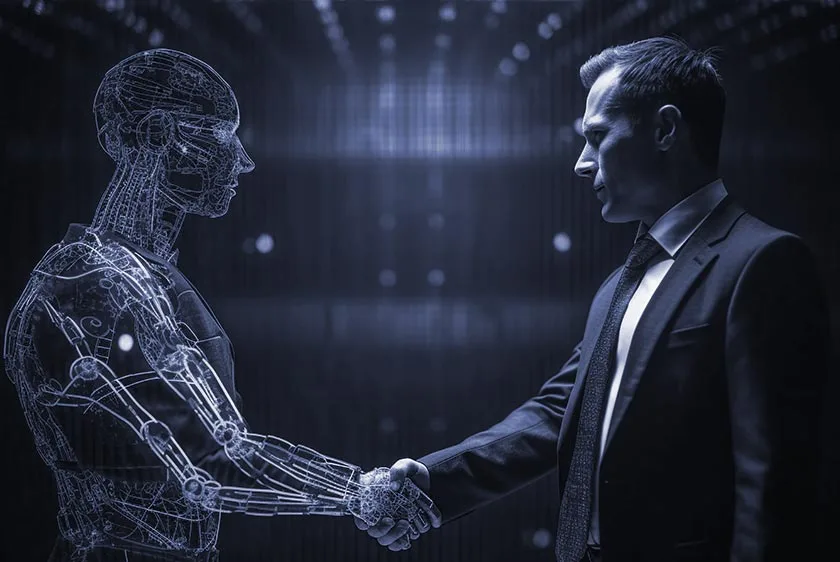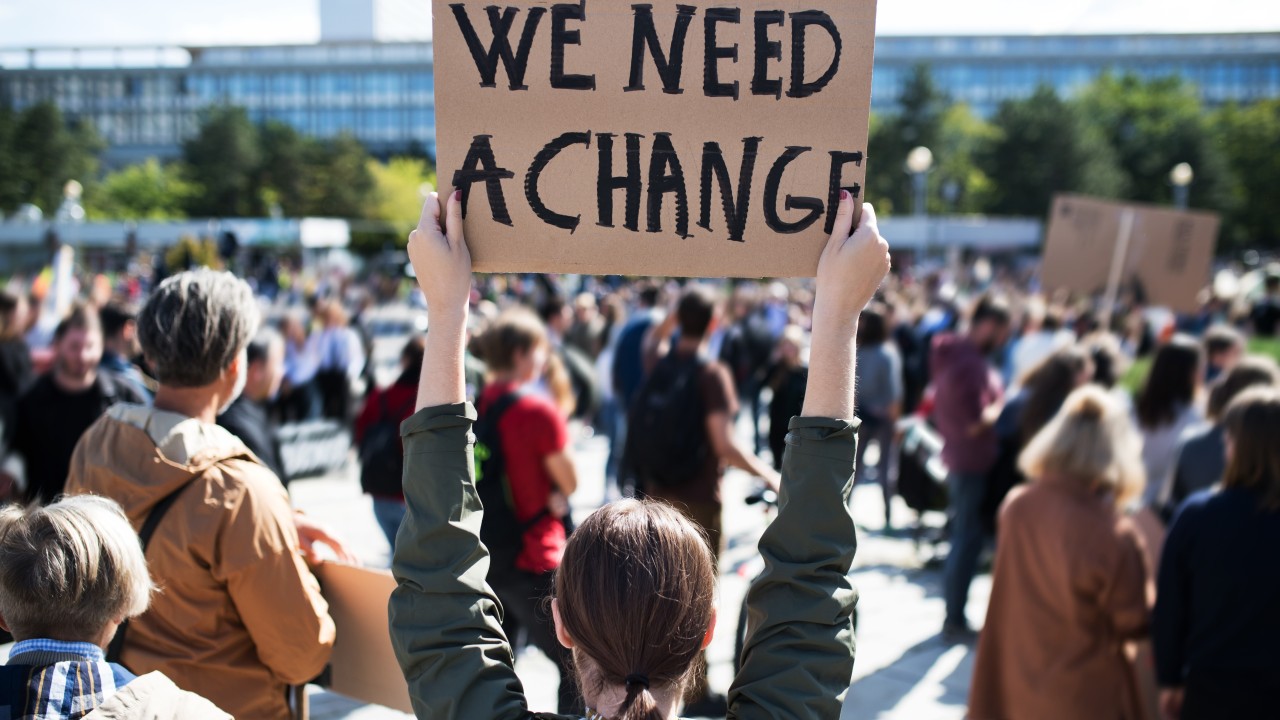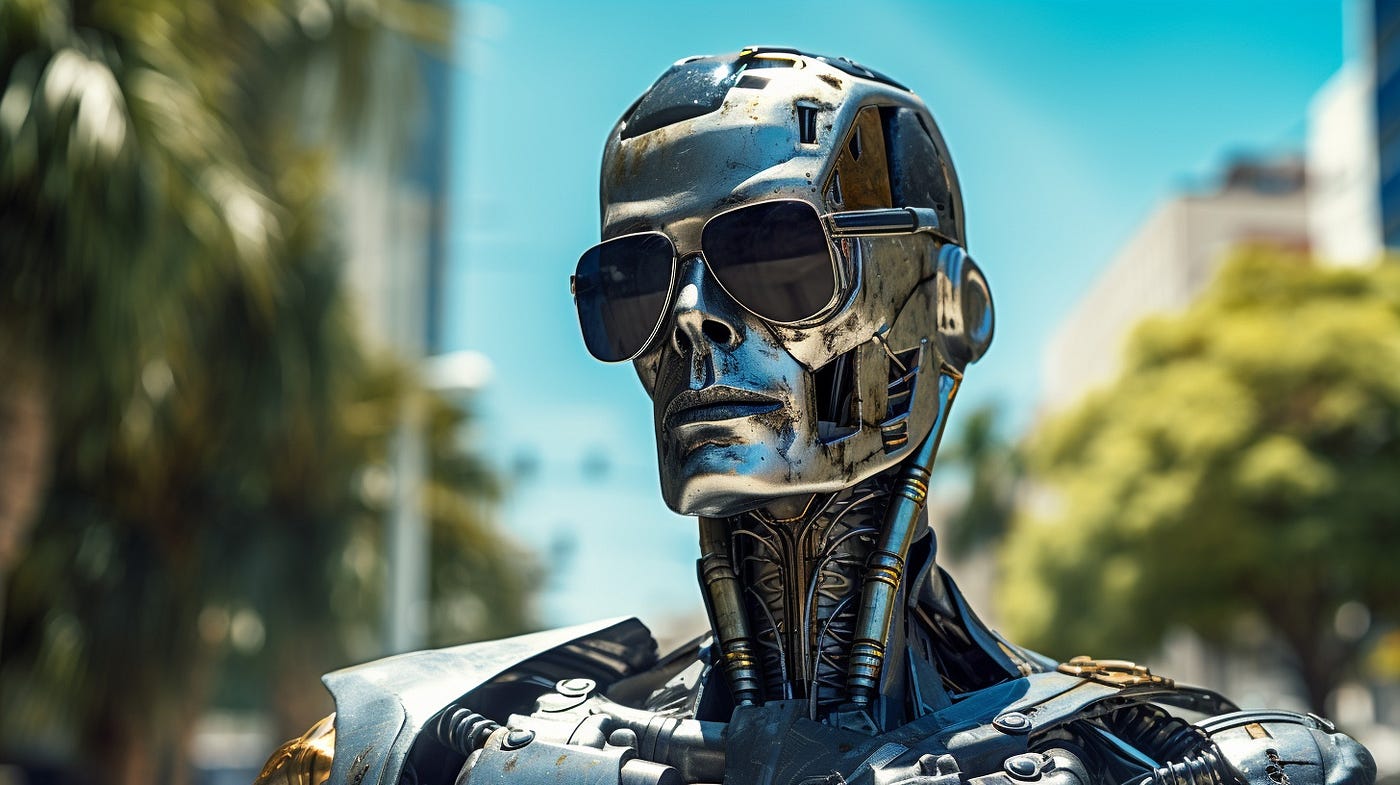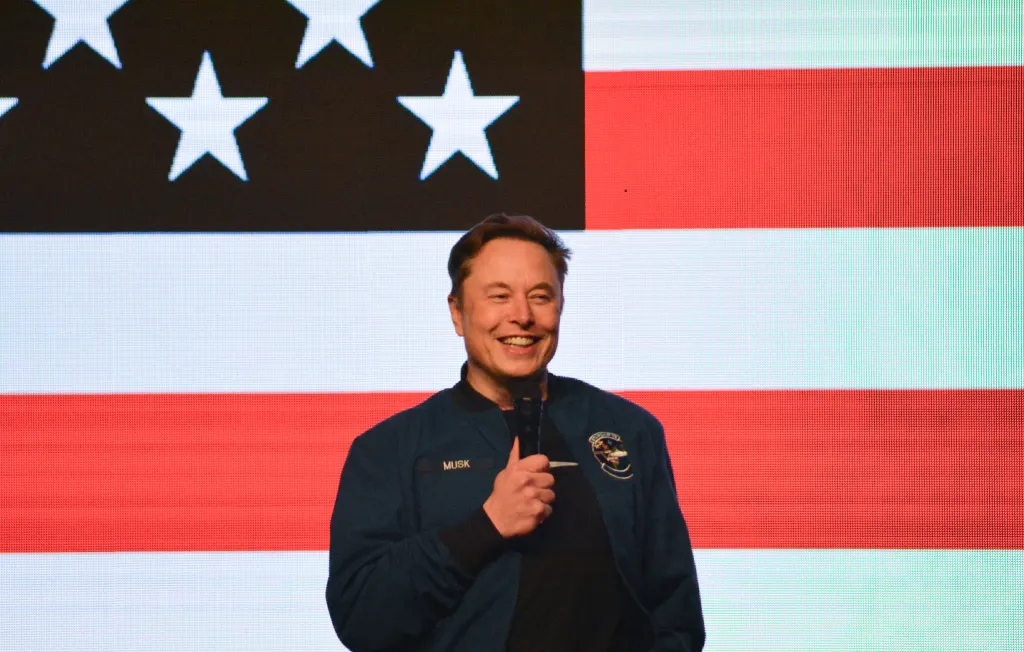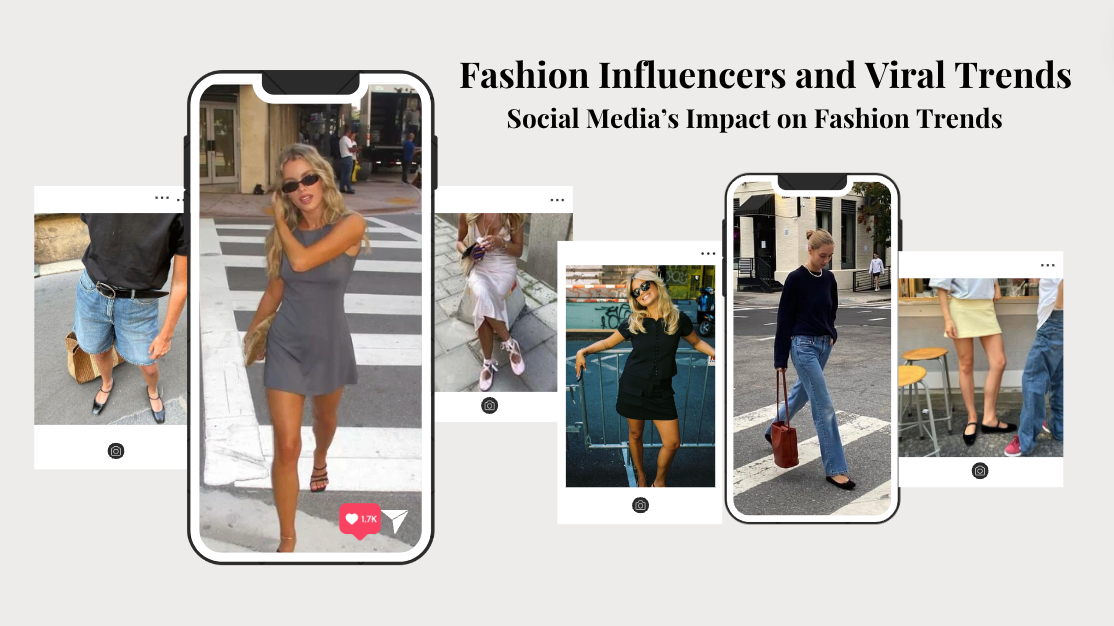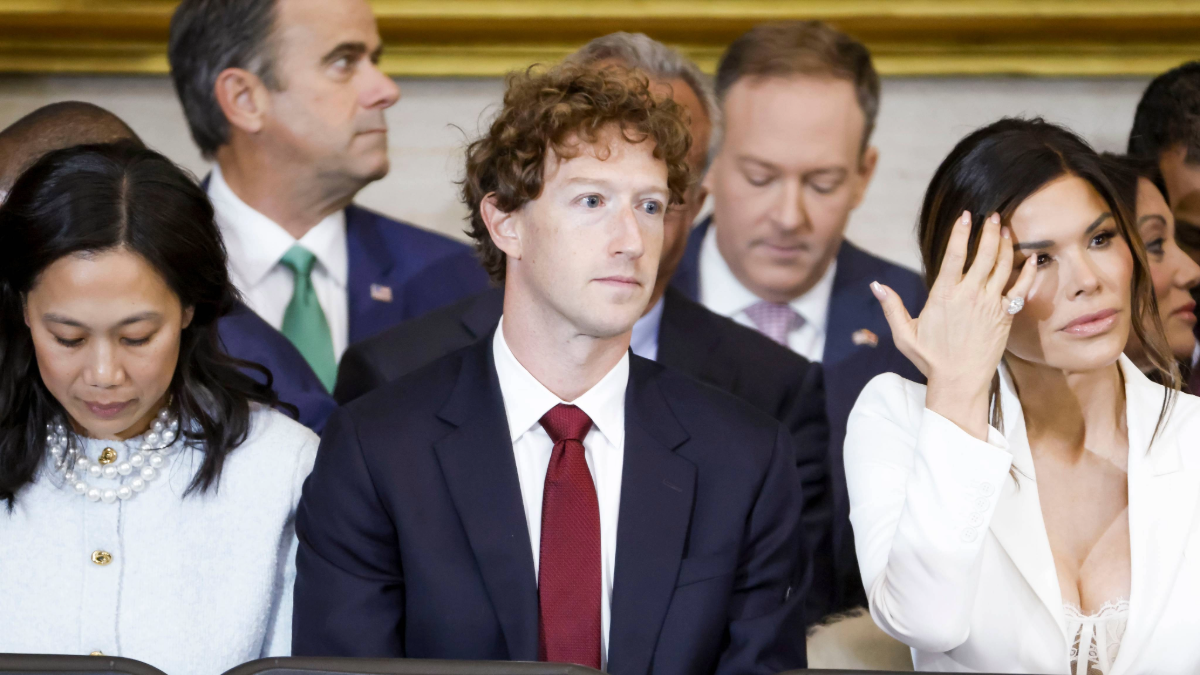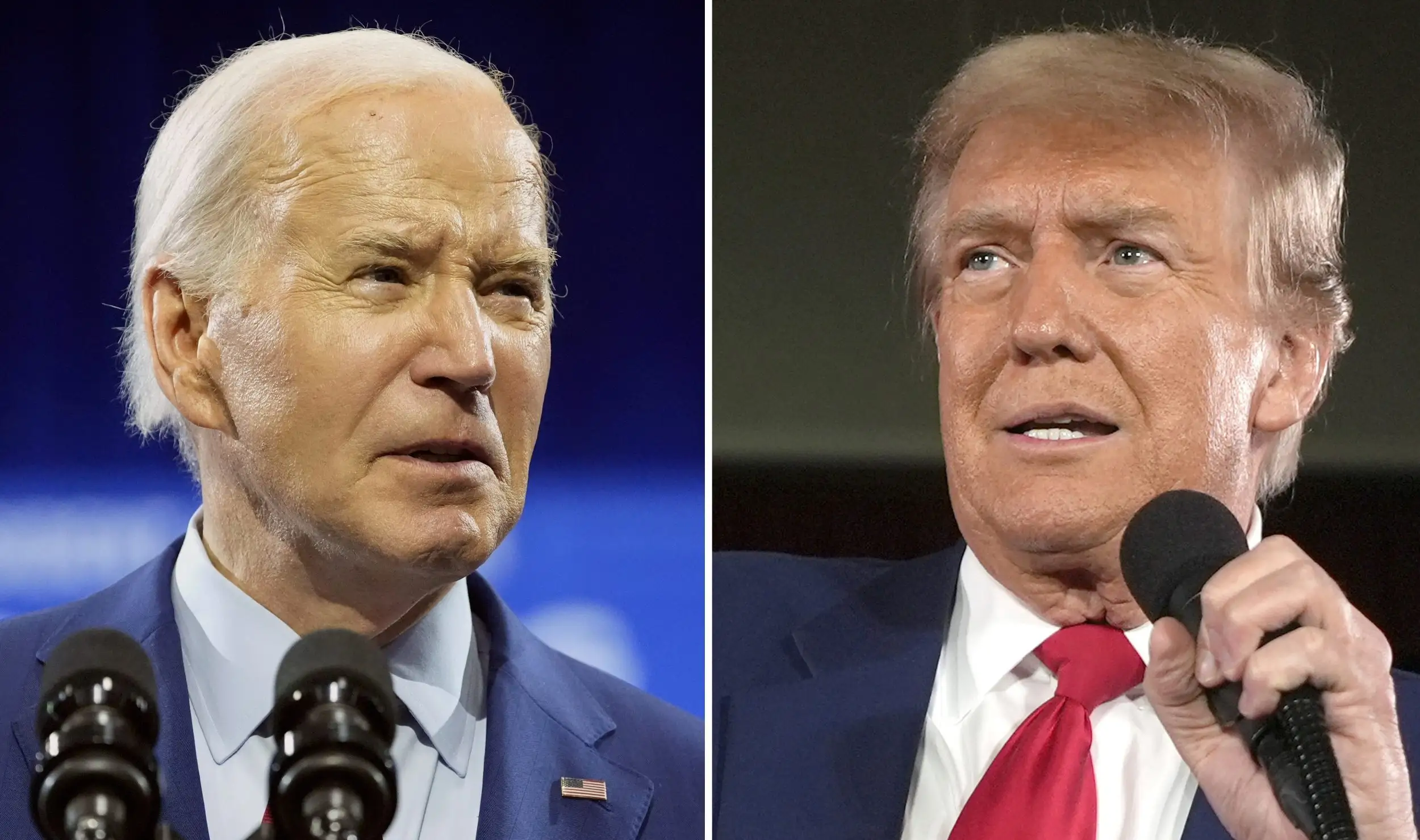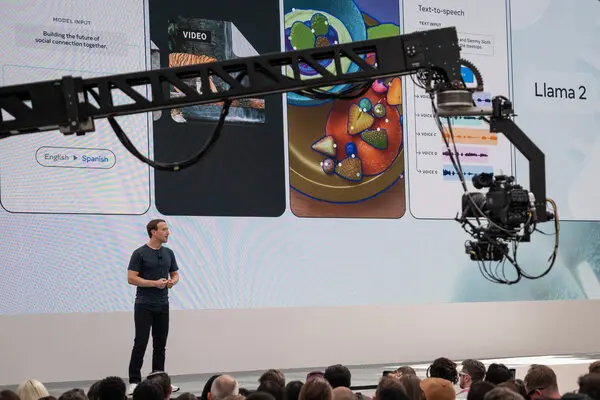Introduction
The 21st century has given rise to a new kind of monarchy—one built not on land or lineage, but on influence and innovation. Power now lives in data, algorithms, and visibility. Politicians wield policy, tech leaders wield platforms, and celebrities wield persuasion. Together, they form the trinity of modern authority shaping the digital age.
This transformation is redefining how nations compete, how ideas spread, and how truth is constructed. As digital ecosystems expand, global influence no longer belongs solely to governments—it belongs to anyone who can command the attention of the world.
The New Centers of Digital Power
Once, global capitals like Washington, London, and Beijing defined political direction. Today, influence radiates from corporate headquarters, social media platforms, and entertainment studios. The architects of digital power are not presidents or monarchs but developers, influencers, and strategists designing systems that shape thought and behavior.
Tech companies now determine what content the public consumes, what voices rise, and what ideas fade. This subtle control has made algorithms more potent than manifestos. The global balance of influence has shifted from borders to bandwidth.
Celebrities as Global Leaders of Public Sentiment
Celebrities, once confined to entertainment, now serve as public philosophers, activists, and ambassadors of conscience. With millions of followers, they have the ability to redefine discourse in real time. Their words can move markets, shift votes, and inspire revolutions.
From environmental campaigns to political endorsements, celebrity activism has become an integral part of governance. Yet this power raises moral dilemmas—should fame equate to authority? While many use their platforms for good, others amplify misinformation, proving that influence without accountability is a fragile foundation.
Tech Titans and Political Maneuvering
Tech moguls are the new power brokers of diplomacy. Their innovations shape national economies, their platforms redefine free speech, and their visions influence public policy. As governments grow dependent on private infrastructure, the line between political regulation and corporate dominance becomes increasingly thin.
This relationship has sparked tensions worldwide. When nations attempt to regulate tech giants, they risk disrupting economies. When they refuse, they surrender sovereignty to global corporations. The politics of innovation has become the most delicate balancing act of the modern era.
Globalization and the Politics of Attention
In today’s digital ecosystem, attention is the ultimate resource. Whoever controls it controls culture, markets, and governance. From online movements to viral diplomacy, global affairs are now driven by collective emotion and instantaneous reaction. The concept of “soft power” has evolved into “digital power”—influence shaped by visibility rather than military might.
This shift is rewriting the nature of global alliances. Countries compete to master digital engagement strategies, while celebrities and influencers act as informal diplomats. The new geopolitics of attention rewards creativity, speed, and spectacle more than ideology or history.
The Ethical Crossroads of Innovation
With great innovation comes greater ethical responsibility. As technology governs communication, surveillance, and even human relationships, the moral weight of progress has never been heavier. Issues like data privacy, AI bias, and digital manipulation are no longer academic—they define democracy itself.
Celebrities and political leaders are increasingly forced to confront this reality. The choice before humanity is clear: whether to use technology to empower or to control, to connect or to divide. The answer will determine the moral compass of the digital century.
FAQs
How are tech companies influencing global politics today?
They shape discourse through control of digital platforms, data distribution, and algorithmic visibility, effectively setting the agenda for public conversation.
Can celebrity activism replace traditional leadership?
Not entirely, but it complements it. In an era of social media, emotional resonance often has more impact than institutional authority.
What role does innovation play in modern diplomacy?
Innovation defines economic stability, national competitiveness, and cultural identity—making it a central pillar of foreign policy.
Why is digital ethics becoming a political issue?
Because technology now governs vital systems of communication, commerce, and governance. Ethical misuse threatens both democracy and global trust.
Is the digital age strengthening or weakening democracy?
Both. While it amplifies voices and awareness, it also polarizes and manipulates public opinion, challenging traditional democratic institutions.
Conclusion
The merging of technology, celebrity culture, and politics has birthed a new world order—one where power flows not from authority, but from attention. The most influential figures are those who can command the digital narrative, bridging innovation with ideology and visibility with persuasion.
As humanity stands at the threshold of this new era, the question is not who holds power, but how they choose to use it. The future of civilization will depend on leaders—both human and digital—who can wield influence with wisdom, ensuring progress remains guided by ethics rather than ambition.
